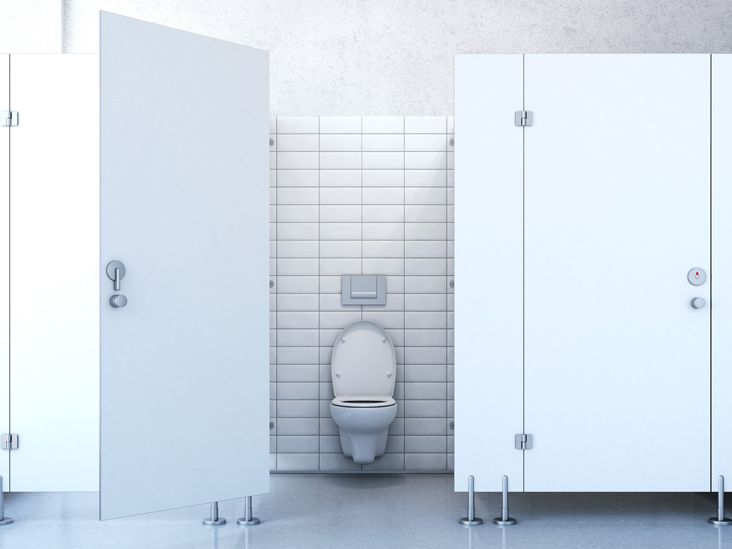Understanding Fecal Fat Testing: A Comprehensive Guide

Understanding Fecal Fat Testing: A Comprehensive Guide
What is Fecal Fat Testing?
A fecal fat test is a medical procedure used to assess the amount of fat present in your stool. This test provides crucial insights into how well your body absorbs dietary fats during digestion. Alterations in stool texture and smell can signify poor fat absorption, prompting further investigation.
Typically, the fecal fat test spans a collection period of either 24 or 72 hours. During this time, you'll gather stool samples using a specialized kit provided by your local laboratory, which will also include detailed instructions for proper sample collection. Depending on the kit, you may collect stool using plastic wrap, unique toilet paper, or designated containers.
Why is Fecal Fat Testing Needed?
Your healthcare provider may recommend a fecal fat test if they suspect malabsorption in your digestive system. Factors crucial for normal fat absorption include:
- Bile production from the liver or gallbladder (particularly relevant if you’ve had your gallbladder removed)
- Production of digestive enzymes by the pancreas
- Optimal functioning of the intestines
When any of these organs are not functioning as they should, it can lead to insufficient fat absorption, which may be associated with various health conditions, including:
- Celiac Disease: An autoimmune disorder where gluten intake damages the intestinal lining.
- Crohn’s Disease: An inflammatory bowel disease that can impact any part of the digestive tract.
- Cystic Fibrosis: A genetic condition that leads to the production of thick mucus affecting the lungs and digestive system.
- Pancreatitis: Inflammation of the pancreas, affecting its enzyme production.
- Pancreatic Cancer: Tumors can hinder proper fat absorption in the body.
Individuals who are not absorbing fat effectively often experience changes in bowel habits, with stools being looser and often accompanied by a more pungent odor. Fatty stools may also have a tendency to float.
Preparing for Your Fecal Fat Test
Prior to undergoing the fecal fat test, it's essential to follow a high-fat diet for three days, allowing for precise measurement of fat concentration in your stool. You'll need to consume approximately 100 grams of fat each day through various foods.
Incorporating foods such as:
- Two cups of whole milk (around 20 grams of fat)
- 8 ounces of lean meat (approximately 24 grams of fat)
- Full-fat dairy products, eggs, and nut butters
Your doctor or a dietitian can provide guidance on meal planning to meet these requirements. After three days on this high-fat diet, you’ll revert to a normal diet before starting the stool collection process.
Collecting Samples for Fecal Fat Testing
During the testing period, you will collect stool samples every time you have a bowel movement. You may receive a plastic device to place over the toilet or instructions to cover the toilet bowl with plastic wrap. Ensure to urinate before placing any collection apparatus to avoid contamination.
After positioning the collection device, gather your stool sample, using the provided scoop to transfer it into the designated container. It's important to seal the container tightly and store it in a refrigerator, freezer, or an insulated cooler until you can return it to the lab.
If you are testing a child, for those in diapers, line the diaper with plastic wrap to facilitate collection while minimizing the risk of mixing feces and urine.
Interpreting Your Fecal Fat Test Results
The typical range for fecal fat testing is between 2 to 7 grams over a 24-hour period, or up to 21 grams over a 72-hour duration. If your test results exceed these normal levels, your healthcare provider may recommend additional testing based on your symptoms and medical history to identify the underlying issues related to fat malabsorption.
